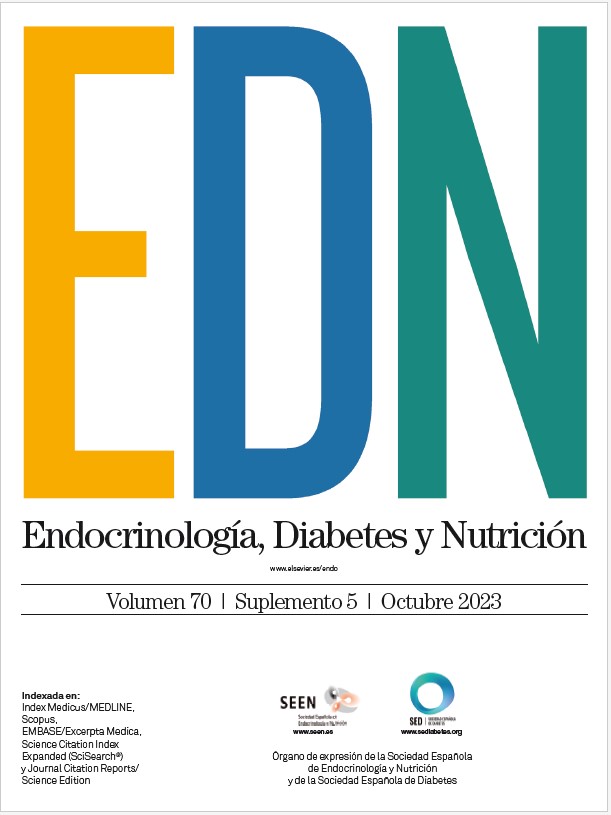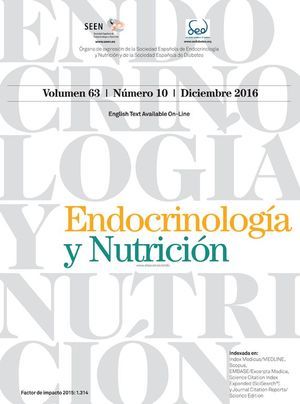104 - KALLIKREINS IN THYROID CANCER: REGULATION AND FUTURE CLINICAL IMPLICATIONS
1Endocrine Tumors Group, Germans Trias i Pujol Research Institute (IGTP), Badalona. 2Department of Endocrinology, Research Center for Pituitary Diseases, Hospital Sant Pau, IIB-SPau, Department of Medicine, Universitat Autònoma de Barcelona. 3Centro de Investigación en Red de Enfermedades Raras, CIBERER, Unit 747, Instituto de Salud Carlos III, Madrid.
Thyroid cancer is the most common endocrine malignancy, and despite having an overall good prognosis, a small subset of tumors progress to aggressive forms or do not respond to the standard radioiodine treatment. Thus, there is a need for new prognosis biomarkers and therapeutic targets for thyroid carcinoma, to establish alternative targeted therapies for those patients in whom RAI treatment is ruled out. Kallikreins (KLKs) are a family of 15 serine proteases dysregulated in thyroid cancer whose expression profiles are related to clinical features of papillary thyroid tumors, as found in previous studies of our group. KLKs are encoded by the largest contiguous cluster of protease genes in the human genome; however, their regulation is still poorly understood. In this work we present a novel enhancer region in the KLK cluster. Our aim is to study the epigenetic regulation of KLKs in thyroid cancer to better understand their clinical implications. Different in vitro assays were performed using cancer cell lines. Luciferase assays and UMI-4C studies showed putative enhancer activity and its interaction with the subset of KLKs that is most dysregulated in thyroid cancer, respectively. To assess its function over the dysregulated KLKs, CRISPR activation and inactivation experiments targeting the enhancer were performed, showing that the regulation of these KLKs depended on the activity of the enhancer. Furthermore, transcription of the enhancer was found in those cell lines with KLK expression. More importantly from a clinical standpoint, ATAC-seq data supported the presence of this enhancer in thyroid cancer samples. Considering all these results, we identified a regulatory element of the main KLKs dysregulated in thyroid cancer. Further studies of the effect on KLKs regulation could shed some light into the use of KLKs in a clinical setting, using the enhancer (and, subsequently, KLKs expression) as biomarkers and/or therapeutic targets in thyroid cancer.







